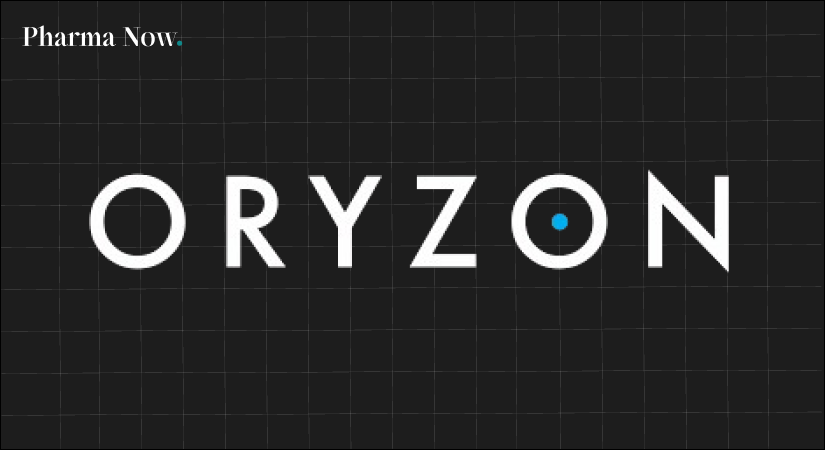ORYZON Sponsors First-Ever Study Assessing Burden Of Illness In Phelan-McDermid Syndrome (PMS)
Oryzon sponsors first PMS burden study with CureShank to guide therapies and support future treatment strategies.
Breaking News
Sep 24, 2025
Simantini Singh Deo

Oryzon Genomics, S.A., a clinical-stage biopharmaceutical company and European leader in epigenetics, has announced its sponsorship of the first-ever Phelan-McDermid syndrome (PMS) burden of illness study. The study is led by CureShank, a research advocacy organization founded by families of individuals affected by PMS, with a mission to accelerate the development of treatments for the disorder. The newly launched study will gather data from families of individuals living with PMS, health insurance claims, and input from clinical experts.
The goal is to quantify the economic and social impact of PMS, guide the development of new therapies, and support future market access strategies. Jordi Xaus, Chief Scientific Officer at Oryzon, stated that supporting CureShank aligns with the company’s commitment to rare diseases. He emphasized that the study will provide crucial insights into the burden of PMS, helping identify key drivers and inform the development of interventions that can improve quality of life for patients and their families.
PMS is a severe neurodevelopmental disorder caused by deletions or pathogenic mutations in the SHANK3 gene. It is characterized by developmental delays, intellectual disability, delayed or absent speech, and autism spectrum disorder or related symptoms. Behavioral issues such as agitation and aggression are common, significantly increasing caregiver burden and complicating long-term integration into the community. Currently, no pharmacological treatments are approved for PMS.
Research with LSD1 inhibitors has shown the ability to “reset” neuronal transcription and reverse social-behavioral and aggression symptoms in several ASD genetic models, including shank3-deficient mice. Building on these findings and clinical results from vafidemstat, Oryzon’s brain-penetrant, orally active LSD1 inhibitor, in the REIMAGINE Phase IIa trial in ASD patients, the company is preparing a Phase II study in PMS called HOPE-2. Planned to start in the coming months in the European Union, HOPE-2 will evaluate the safety and efficacy of vafidemstat and will be partially funded by the EU IPCEI MED4CURE grant awarded in 2025.
